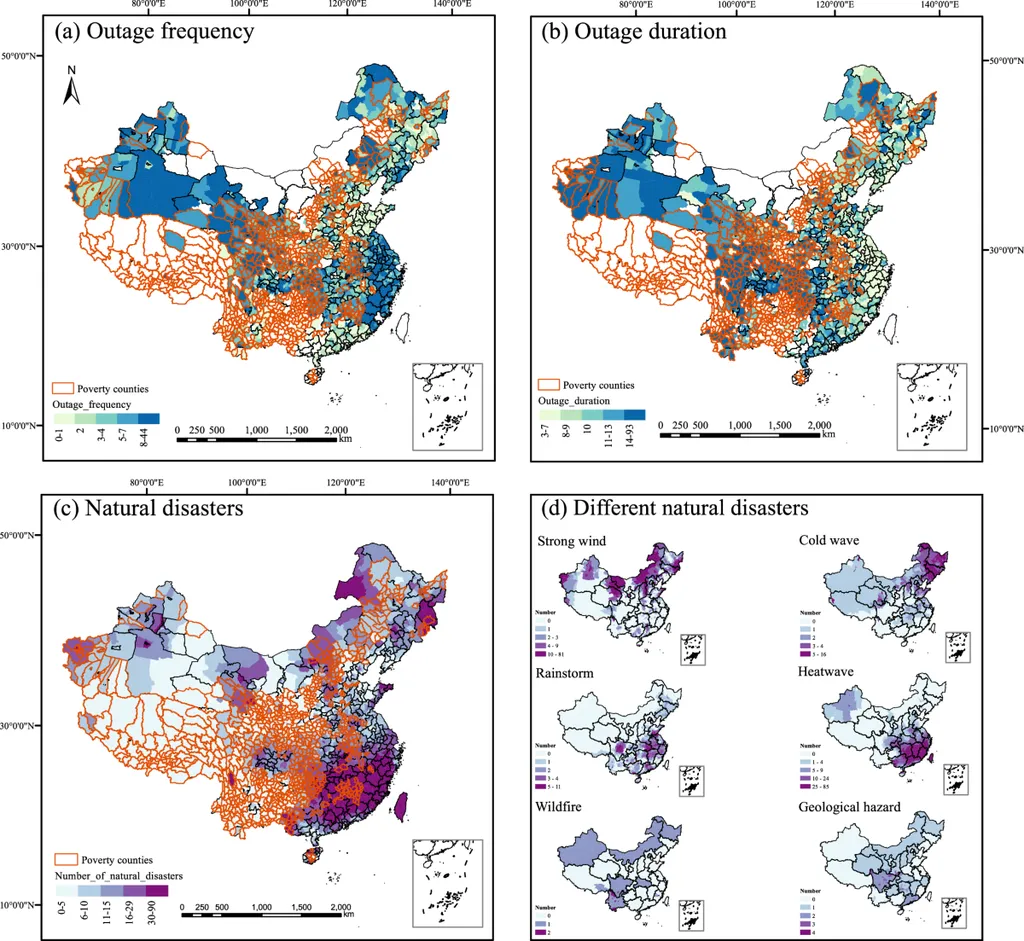In the quest for low-carbon living, residential buildings are becoming a battleground for innovation. A recent study published in the journal *Engineering* (translated from Chinese) offers a promising strategy to mitigate the challenges posed by renewable energy fluctuations in integrated energy systems (IESs). The research, led by Ziqing Wei from the Institute of Refrigeration and Cryogenics at Shanghai Jiao Tong University, presents a novel approach to optimize energy consumption and reduce costs in residential buildings equipped with photovoltaic (PV) panels, batteries, heat pumps, and domestic hot water tanks.
The study addresses a critical issue in the energy sector: the variability of renewable energy sources like solar power. “Fluctuations in renewable energy generation can lead to increased energy consumption and costs,” explains Wei. “Our research proposes a cross-time-scale control framework that leverages building flexibility to address these power fluctuations within IESs.”
The proposed method involves three key steps: solar irradiance prediction, day-ahead optimal scheduling of energy storage, and intra-day flexible control of the heat pump. This approach is validated through a high-fidelity residential building model using actual weather and energy usage data from Frankfurt, Germany. The results are impressive. The proposed method limits the cost increase to just 2.67% compared to the day-ahead schedule, whereas the cost could increase by 7.39% without the flexible control.
The study also enhances computational efficiency by transforming the mixed-integer programming (MIP) into a nonlinear programming (NLP) problem via introducing action-exclusive constraints. This approach offers valuable support for residential IES operations and could have significant commercial impacts for the energy sector.
The research highlights the potential of coordinated control between air-conditioning systems and other IES components. This strategy not only reduces costs but also contributes to achieving low-carbon targets. As the energy sector continues to evolve, such innovations will be crucial in shaping the future of residential energy systems.
Wei’s research is a step forward in the quest for sustainable and efficient energy solutions. As the world grapples with the challenges of climate change, such studies offer hope and practical solutions. The findings could influence future developments in the field, paving the way for more resilient and cost-effective energy systems in residential buildings.
In the words of Wei, “This approach offers valuable support for residential IES operations and could have significant commercial impacts for the energy sector.” The study, published in *Engineering*, is a testament to the power of innovation in addressing the pressing challenges of our time.

